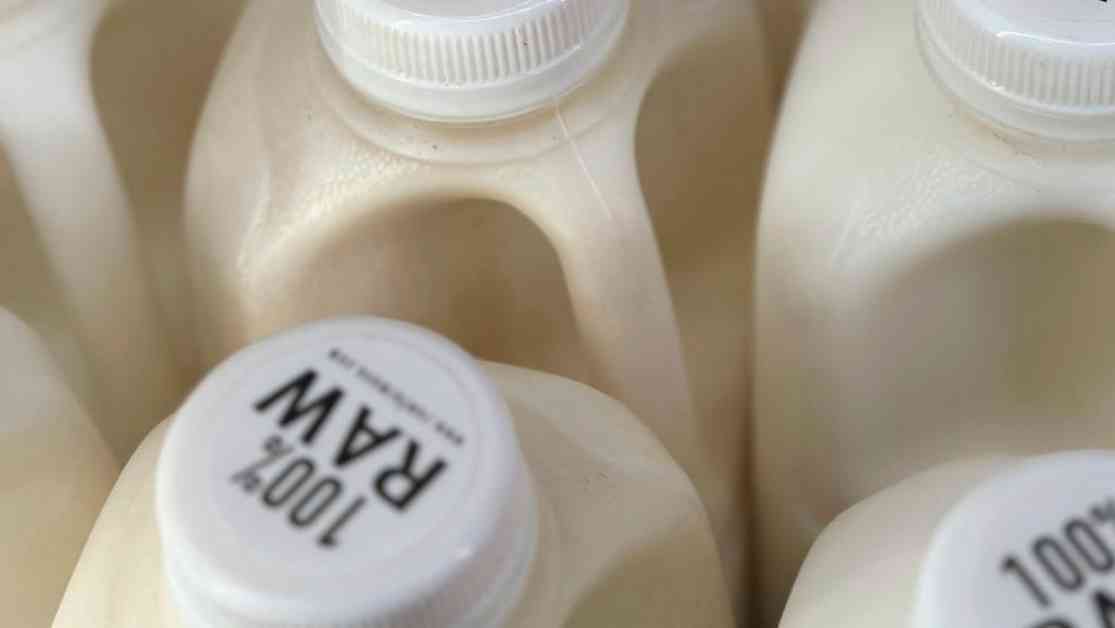USDA Mandates Raw Milk Testing for Bird Flu in Dairy Herds
The U.S. Department of Agriculture (USDA) has issued a mandate for nationwide raw milk testing for bird flu following an outbreak in dairy cows reported in March. Starting on Dec. 16, raw milk samples from dairy farms will be shared with the USDA and tested for the virus, marking a significant step in combating the spread of H5N1 among cattle.
First Round of Testing Set to Begin
The USDA has implemented three new requirements to address the bird flu outbreak in dairy herds. Raw milk samples must now be shared upon request by dairy farms, bulk milk transporters, or dairy processing facilities. Additionally, herd owners with cattle testing positive for bird flu are required to provide information for contact tracing and disease surveillance. Private laboratories and state veterinarians must promptly report positive results to the USDA to ensure swift action in controlling the spread of the virus.
Outbreak Details and Impact
The Centers for Disease Control and Prevention (CDC) confirmed a multistate outbreak of H5N1 in dairy cows, with the first case reported on March 25, 2024. This is the first instance of bird flu viruses being identified in cows, affecting over 700 dairy herds across the country. The California Department of Public Health issued a recall for raw milk from Raw Farm, LLC in Fresno County after detecting the virus, emphasizing the urgency of testing and surveillance measures.
Response from Agriculture Secretary Tom Vilsack
Agriculture Secretary Tom Vilsack highlighted the importance of the USDA mandate in ensuring the safety of farmers, farmworkers, and animals. He expressed confidence that these measures will help control and contain the spread of the virus nationwide. With 58 confirmed human cases reported in the U.S. as of Dec. 6, the CDC underscores the significance of proactive testing and monitoring to prevent further transmission of H5N1.
As the nation grapples with the impacts of the bird flu outbreak in dairy herds, stakeholders are urged to prioritize safety protocols and cooperation with testing initiatives. By working together to identify and contain the virus, the agricultural industry can safeguard both human and animal health while mitigating the risks associated with bird flu transmission.


